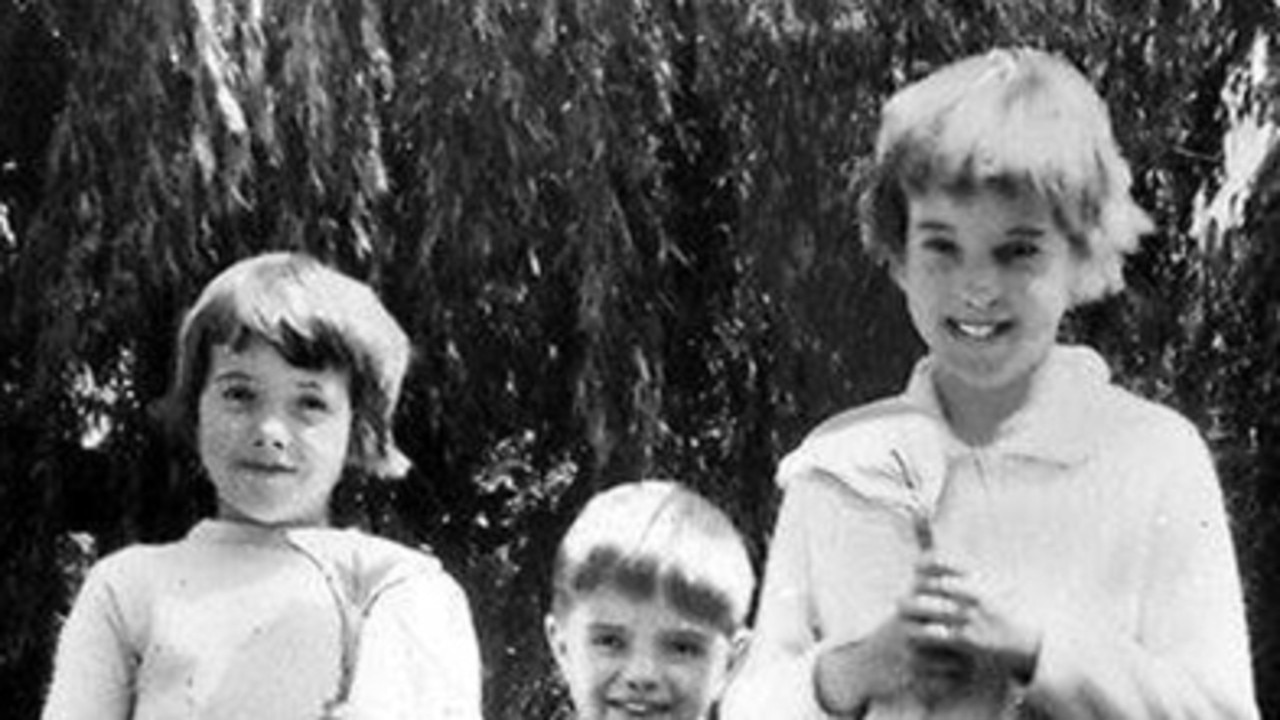Salman Rushdie: Officials say the writer is ‘articulate’ and talking to police after attack
Police have given new information on the condition of The Satanic Verses author Salman Rushdie, who was violently stabbed in New York.
News
Don't miss out on the headlines from News. Followed categories will be added to My News.
Award-winning author Salman Rushdie is awake and “articulate” in his conversations while meeting with investigators from his hospital bed in Pennsylvania, just days after he was stabbed at least 10 times, an official said.
Rushdie, 75, underwent emergency surgery after 24-year-old Hadi Matar allegedly stabbed him several times before his scheduled lecture at the Chautauqua Institution on Friday.
But according to a police official, the controversial British author was taken off a ventilator over the weekend and was able to respond to investigators’ questions.
However, the official — who spoke to CNN — did not say what Rushdie told the authorities about the violent attack.
Rushdie underwent emergency surgery at UPMC Hamot, where he received treatment for his “life-changing injuries,” including nerve damage and the prospect of losing an eye, officials said.
On Sunday, the writer’s son Zafar Rushdie provided an update on his dad’s condition, saying his world-renowned father was showing signs of his “feisty and defiant” sense of humour.
“My father remains in critical condition in hospital receiving extensive ongoing medical treatment,” the son wrote in a statement.
“We are extremely relieved that yesterday he was taken off the ventilator and additional oxygen and he was able to say a few words.”
IRAN’S SHOCKING RESPONSE TO RUSHDIE STABBING
Iran has denied any link with Rushdie’s knife wielding attacker but blamed the writer himself for “insulting” Islam in the novel The Satanic Verses.
“We categorically deny” any link with the attack and “no one has the right to accuse the Islamic Republic of Iran,” said foreign ministry spokesman Nasser Kanani on Monday in Tehran’s first official reaction to the stabbing.
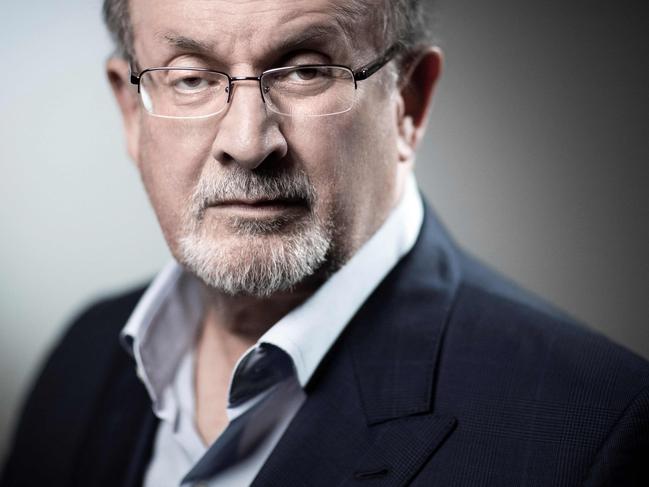
“In this attack, we do not consider anyone other than Salman Rushdie and his supporters worthy of blame and even condemnation,” he said at his weekly press conference in Tehran.
“By insulting the sacred matters of Islam and crossing the red lines of more than 1.5 billion Muslims and all followers of the divine religions, Salman Rushdie has exposed himself to the anger and rage of the people.”

The prize-winning writer had spent years under police protection after Iranian leaders in 1989 called for Rushdie’s killing over his portrayal of Islam and the Prophet Mohammed in the novel.
The suspected assailant, 24-year-old Hadi Matar from New Jersey, was wrestled to the ground by staff and audience members before being taken into police custody.
He was later arraigned in court and pleaded not guilty to attempted murder charges.
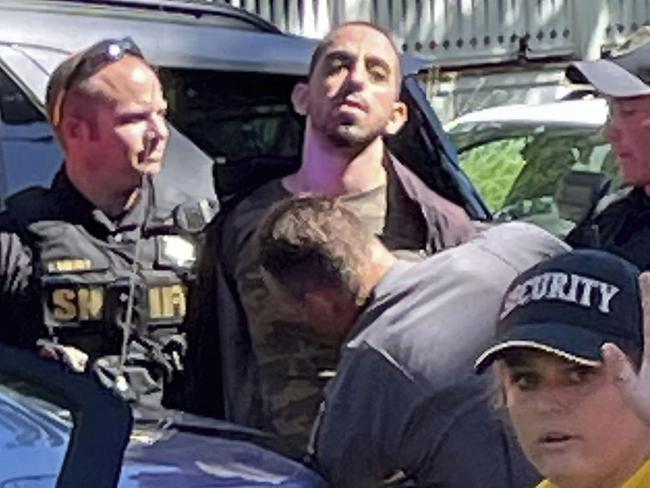
In 1989, Iran’s then-supreme leader, the Ayatollah Ruhollah Khomeini, issued a religious decree, or fatwa, ordering Muslims to kill Rushdie for what he deemed the blasphemous nature of The Satanic Verses.
The fatwa was never officially lifted and translators of the novel were attacked.
RUSHDIE STABBING COMES AT KEY TIME FOR IRAN
The stabbing of Rushdie comes at a sensitive moment in Iran’s talks with major powers on reviving a 2015 nuclear deal abandoned by the United States in 2018, in return for the re-lifting of crippling US sanctions.
The foreign ministry spokesman Kanani on Monday stressed the position that Rushdie, not Iran, was to blame for the attack against him.
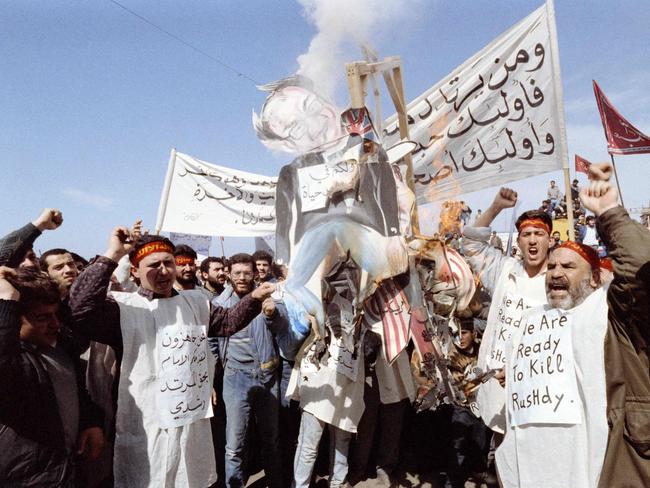
Commenting on the novel, Kanani said that “the anger at that time at this inappropriate action was not limited to Iran and the Islamic Republic.
“Millions of people in Arab, Islamic and non-Islamic countries reacted with anger.
“Condemning the action of the attacker on the one hand and absolving the action of the one who insults sacred and Islamic matters on the other is completely contradictory.”
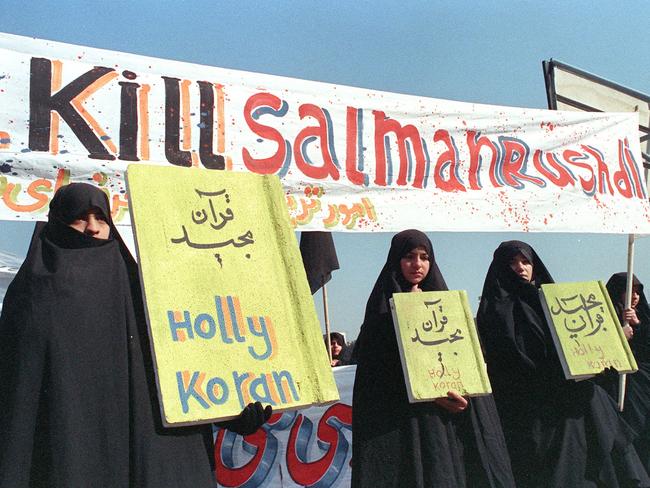
More than 30 years after its publication, the book and its author remain deeply inflammatory in Iran.
Iranians at Tehran’s book market, when asked by AFP on Saturday to comment on the attack, did not openly condemn the stabbing, which has sparked outrage in the West.
The ultraconservative Kayhan newspaper, whose director is appointed by current supreme leader Ayatollah Ali Khamenei, greeted the attack.
“Bravo to this courageous and duty-conscious man who attacked the apostate and depraved Salman Rushdie in New York,” it said.
With the exception of reformist publication Etemad, Iranian media followed a similar line, also describing Rushdie as an “apostate”.
One state-owned paper in Iran said that the “neck of the devil” had been “cut by a razor”.
US Secretary of State Antony Blinken on Sunday condemned Iranian state media for having “gloated” about the attack, saying that “this is despicable”.
More Coverage
Originally published as Salman Rushdie: Officials say the writer is ‘articulate’ and talking to police after attack



